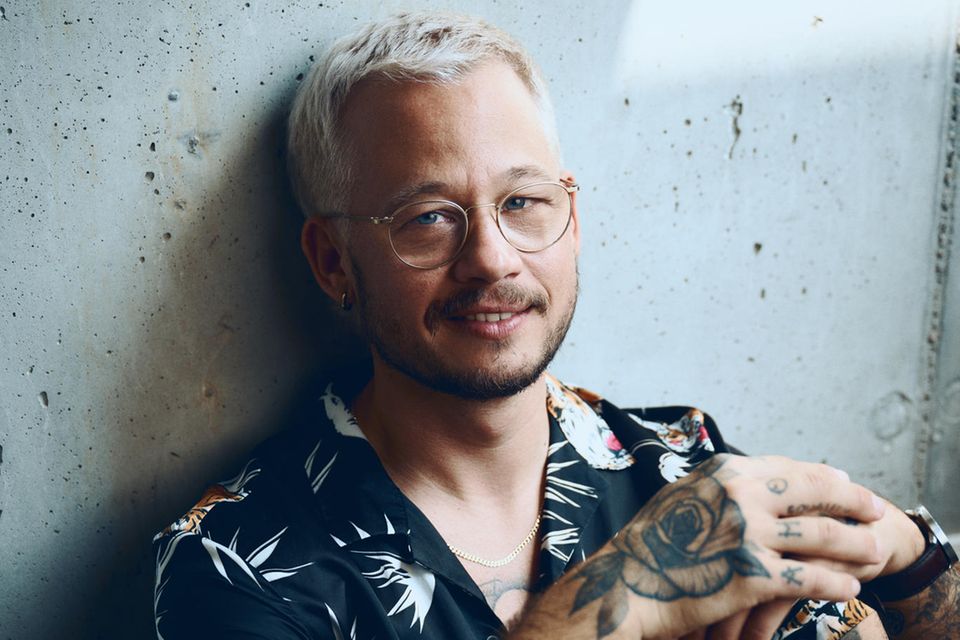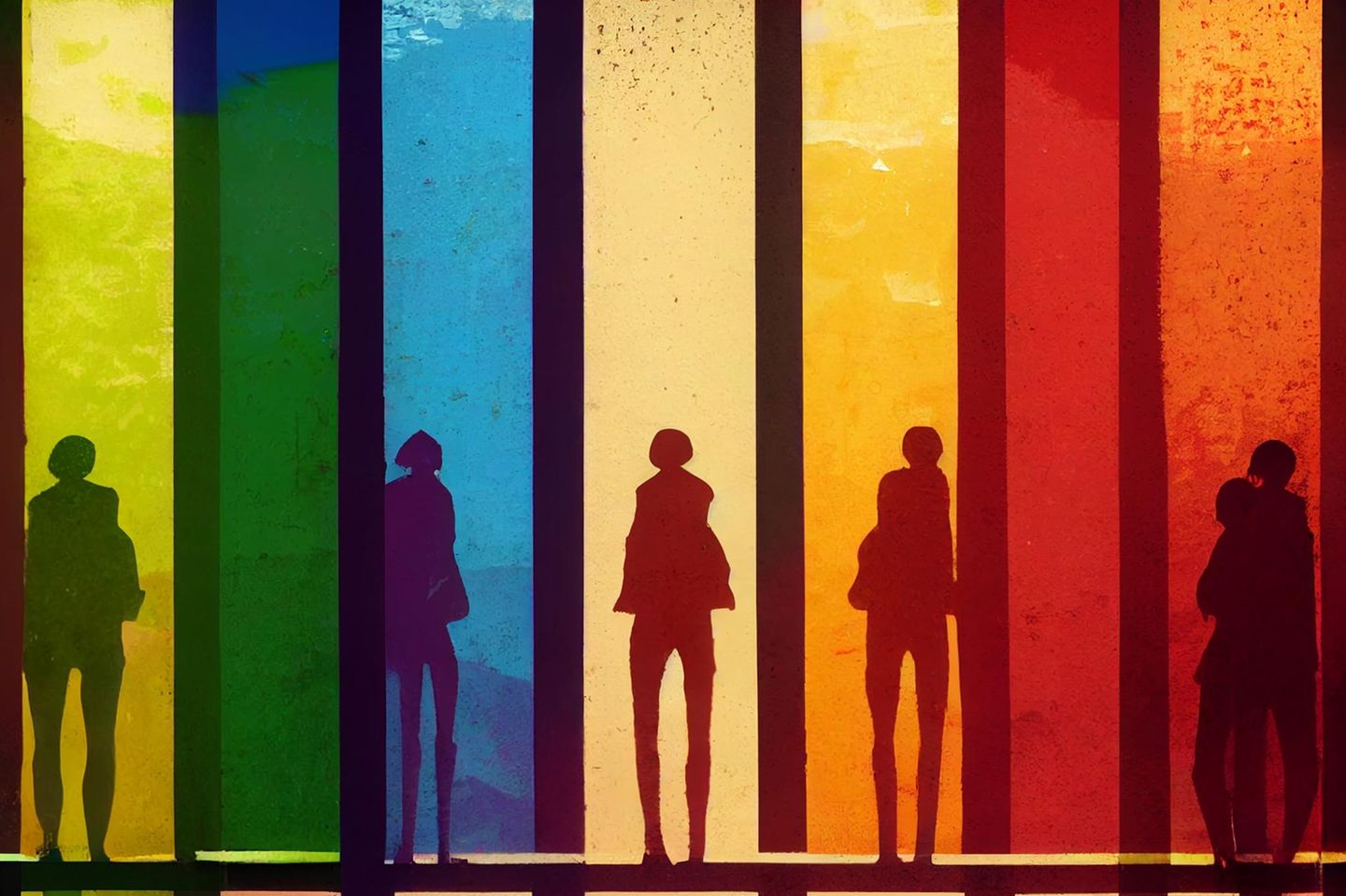LBGTQ+
Questions that trans people would want from you
© El Dorado / Adobe Stock
All the time, trans people have to listen to questions that are disrespectful, transgressive and absolutely encroaching. So it’s high time to approach things the other way around: Which questions are not only okay, but desirable?
In Pride Month, space and attention is given to a group of people who—like many other groups—often represent a side note in a heteronormative world: queer people show their colors in June—and every other month of the year.
Trans people don’t identify with the gender assigned to them by medical professionals the moment they breathe their first breath into this world. Their mere existence seems to shake “natural laws” established and defined as such by society. And for some, this “specialness” alone seems to be a free ticket for impossible questions. “So do you want to be a woman? How do you look down there? And how do you do it during sex?” – just a small selection of the “worst of” the masses of questions that trans people have to face from complete strangers because they are “just a little curious”.
Henri Maximilian Jakobs knows these and similar questions. Together with the journalist Christina Wolf, he engages in “All the burning questions” on what trans people have to put up with in their everyday life. And he also lets other trans people speak – about the questions they would like to hear from other people for once. We have put together a selection that should show: Yes, you can and may ask questions – but please don’t forget that you are talking to a human being.
Questions these trans people would want you to ask
In the book, some people who are trans, or non-binary, have their say. Most of them are open to questions about themselves and understand their curiosity – but for many of them the “who”, the “what” and the “how” are decisive: just as little as one would answer questions about a complete stranger sexual preferences and genitals, the characters in the book also have clear boundaries, for which they demand due respect.
Questions that are okay for trans people
Ultimately, it’s also about what people hope for from the questions: should their mere curiosity be satisfied because they think they are faced with something “extraordinary”? Or are they really interested, want to learn more, be sensitized? Most questions can be answered by your own research, trans people do not have to explain themselves to every person whose path they happen to cross. On the other hand, abstract terms such as non-binary, trans, asexual etc. are given a form by people who use such labels for themselves, an emotional access for those who do not know such things from themselves or their environment.
As is so often the case, it is complex and everyone deals with such issues differently. It is never wrong to approach a person with respect and to look at and get to know them beyond the labels that they use for themselves or that others attribute to them.
About Henri Maximilian Jakobs

© Urban Zintel
Henri Maximilian Jakobs grew up in Munich, studied at the Richard Strauss Conservatory and music journalism at the University of Music and Theater in Munich. He has his own band (TUBBE) and has worked as a live bass player for artists such as Sookee, Elli, Enik and others. Together with the journalist Christina Wolf he writes in his debut novel “All the burning questions” (Katalyst Verlag) about life as a trans person and, among other things, the harassment that people have to endure to this day in order to be able to adjust their identity legally and medically.
